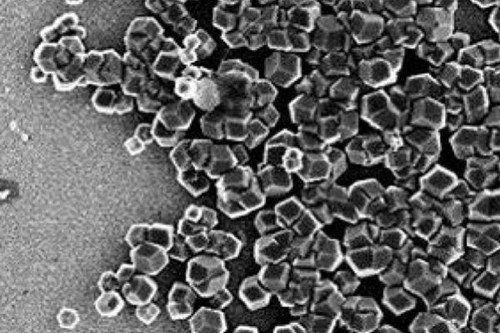Will We See ‘bio-computers’? The answer is…

It looks like the answer to creating a computer with ‘biologically’ built components could very much be ‘yes’. The researchers at Leeds University are experimenting on the bacterium Magnetospirillum magneticum that consumes nano-sized bits of iron and turns them into tiny magnets which it stores inside itself. The magnetic bits are similar to what is used in manufacturing modern computer hard drives.
The mentioned bacteria are found in pools of water consisting of different elements. Using a special protein, Magnetospirillum magneticum take out the iron and build small bits of a highly magnetic natural material – magnetite. The organisms employ it for aligning and orienting themselves with the earth’s magnetic field to help them find areas with ideal for them levels of oxygen.
Leaded by Sarah Staniland, the researchers immersed the protein-coated gold in an iron solution, and heated it, what caused the iron gather in the same pattern on the protein to create minute magnets. To facilitate the nanoscale computer creation, the wires measuring 40 nanometers in diameter and coated in artificial cells protein were created by Masayoshi Tanaka of Tokyo University of Agriculture and Technology.
Via: ecofriend.com
| Tweet |











